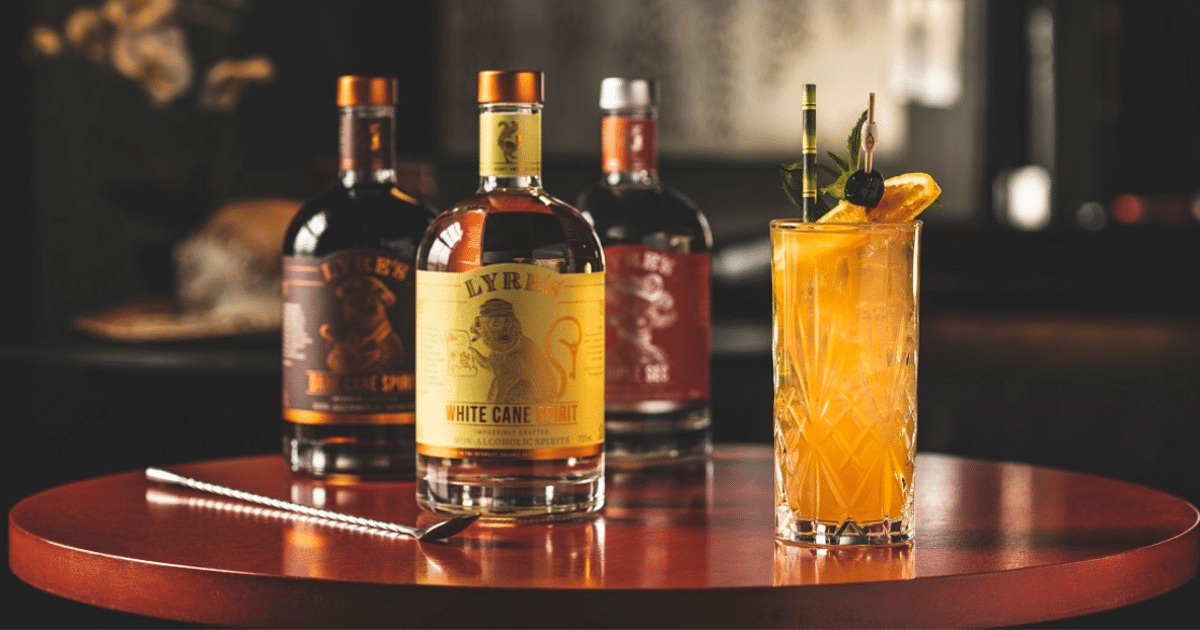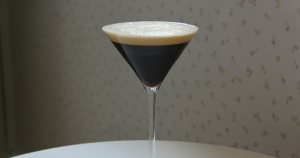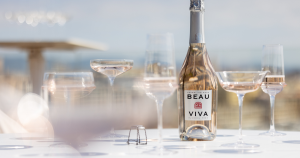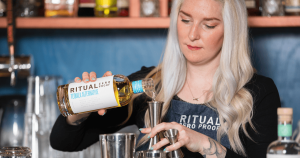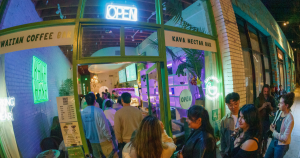You might ask “what’s the point of non-alcoholic spirits,” especially with the increasing array of non-alcoholic gins, rums, tequilas, and whiskeys on the market. It’s an understandable question in a world where spirits have long been valued for their alcohol content and associated with a certain buzz. But, if you take a moment to look beyond ABV, you’ll uncover what’s truly at the heart of imbibing.
Think of your favorite cocktail moments. They often aren’t about inebriation but rather sharing experiences with friends, marking milestones, or winding down after long days. These rituals are about connection, celebration, and self-reflection. And the connection point is particularly important. Anthropologists and sociologists have long studied commensality, the act of sharing a meal with others, in relation to the advancement of ancient civilizations. Across cultures and throughout history, communal eating and drinking have played an important role in building relationships and creating community. None of which is surprising since we’re still social animals today. Non-alcoholic spirits can play a role in keeping the magic of all these experiences intact—without the downsides of alcohol.
You might still question whether these experiences will really be the same without the buzz of alcohol. After all, haven’t those moments always been accompanied by a glass or two? Yet, because alcohol is a depressant, the initial pleasure can quickly turn into something less enjoyable. Imagine embracing those same rituals but with a clearer, happier mind. Alcohol might not be as essential as you thought, and the journey of exploring that possibility can be an enlightening experience in itself.
Non-alcoholic spirits aren’t just about enabling these rituals; they’re also about savoring complex flavors for their own sake. “Why not just drink water?” If you’re interested only in utility, you could simply always drink water (and replace all your meals with Soylent, for that matter). Most people aren’t purely utilitarians though. For those who find joy in the taste of a finely crafted cocktail, non-alcoholic spirits offer a similar complexity without the booze. Brands like ISH, Fluere, Ritual, and Lyre’s offer a range of solid spirit alternatives, and nearly every brand in this space is continually refining their production processes and developing new products.
Non-alcoholic spirits aren’t the only options for those who want to preserve rituals and savor complexity. For example, there are so-called gastronomic blends, teas, and aperitifs from brands like Muri, Unified Ferments, and Figlia, respectively, that provide intriguing options. Yet, for those who wish to stick with familiar cocktail favorites, non-alcoholic spirits serve as the perfect gateway to the world of alcohol alternatives. Not everyone is ready to explore a whole new category. For the person with a go-to drink, non-alcoholic spirits are a great place to start. The person who’s been drinking a daily G&T or martini for years, for example, can now reduce or eliminate their alcohol consumption thanks to non-alcoholic gins. You keep the flavors, you just remove the ethanol.
In my view, the point of non-alcoholic spirits is clear: they provide an accessible alternative that enables the rituals we cherish and offers the complexity we crave. It’s an exciting time to be a part of this evolution, and I’m thrilled to see where it takes us next. Whether you enjoy the flavors of traditional spirits or are curious about novel spirits, I invite you to explore, test, and discover what resonates with you in non-alcoholic territory. The world of alcohol alternatives is diverse and expanding every day, and there’s truly something for everyone. Maybe the real point, at the end of the day, is simply that people enjoy them.
Read more in Dry Atlas’ ultimate guide to non-alc spirits.


